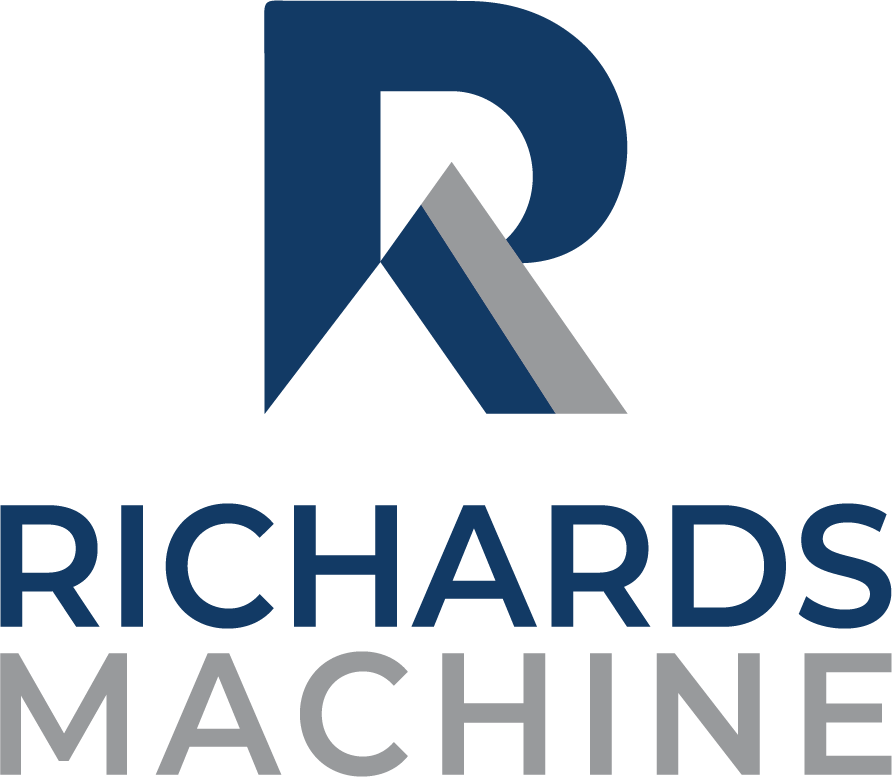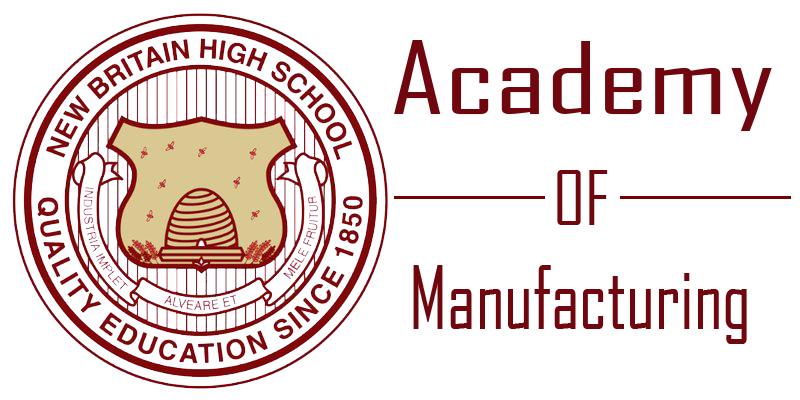The presidents of aerospace manufacturing companies and other executives met at the New England Air Museum in Windsor Locks for the annual gathering of Aerospace Components Manufacturers, a regional network of companies in Connecticut and southwestern Massachusetts.
"We have to grow our workforce," said Max McIntyre, vice president of New England Airfoil Products in Farmington.
More than 26,000 large commercial jets are on back order, a number that does not include military or regional jets, he said.
"That is significant and that's why Connecticut still remains as the most viable place in the world for the majority of these components to be manufactured and put into engines," he said.
The commercial airline industry is working to keep up with rising demand, partly due to a growing middle class in China and India that increasingly is turning to air travel. Pratt & Whitney, the East Hartford-based jet engine subsidiary of United Technologies Corp., has a backlog of 8,000 geared turbofan engines that promise airline customers less noise and greater fuel efficiency.
And military aerospace also is booming as Congress and President Donald Trump increase defense spending. Pratt & Whitney manufactures the engine for the F-35 fighter jet.
Catherine Smith, commissioner of the state Department of Economic and Community Development, told the audience of about 150 that workforce development "continues to be front and center" for financial and other forms of support from a state manufacturing fund. Nearly 900 companies have tapped the fund since it was established in 2013, she said.
Citing Department of Labor statistics, she said 13,600 manufacturing jobs are available in the state.
"We're seeing a huge burst of activity," Smith said. "That is very exciting, but it creates another and a new kind of problem that all of your companies are facing and that we're trying to help you with from the state perspective."
To find workers and pitch manufacturing careers to young people, the industry and government are reaching out to high schools, community colleges and technical schools.
"We speak any place with a platform," said Bruce Fiedorowicz, an industry veteran who is now retired.
Dorothy Weber, owner of Richards Machine Tool Co. Inc., said the Newington company is introducing students who have studied finance to manufacturing work.
The company employs about 20 workers and is always looking for more. "It's a good problem," she said.










